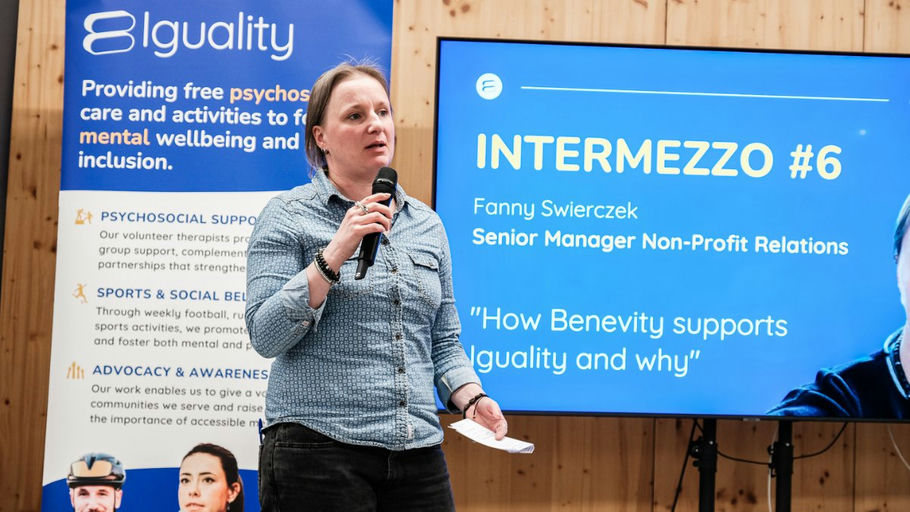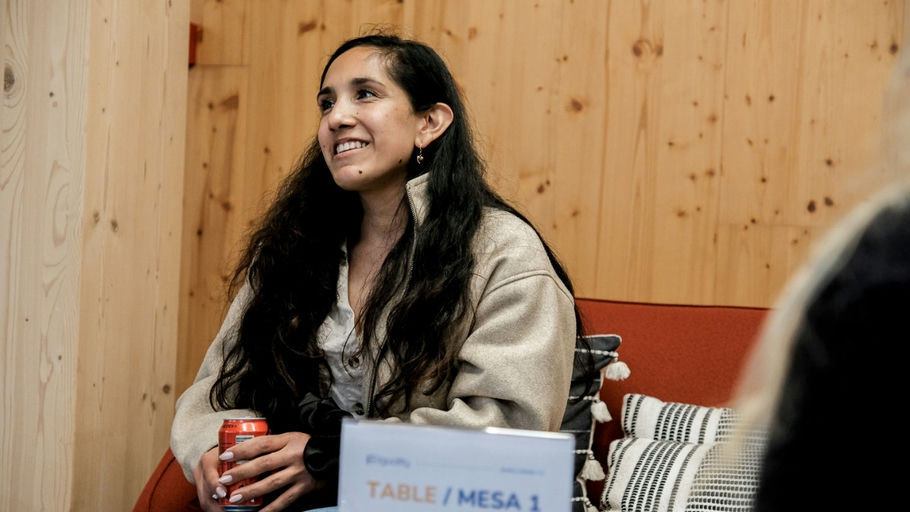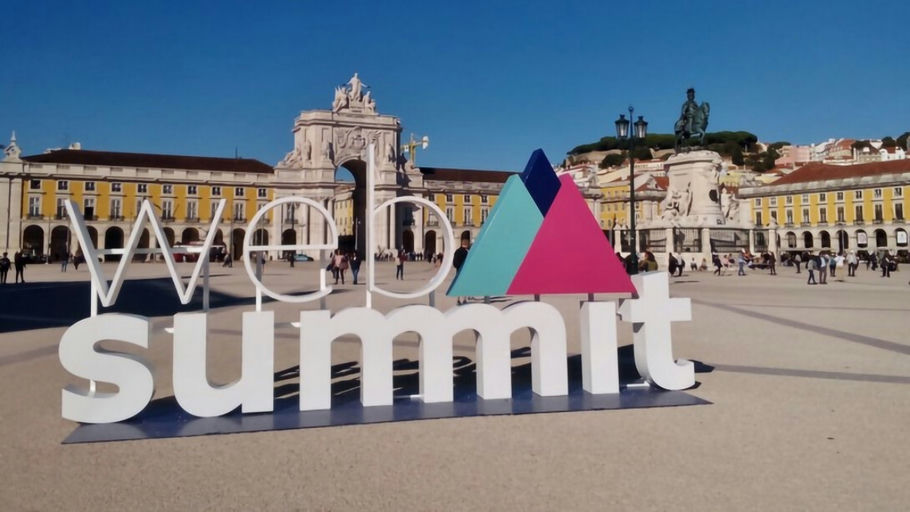
April 23, 2025


Our tech journey began with Airtable, which has become the central hub for managing nearly every aspect of our work through custom-built apps and a wide range of automations, for instance for our mental health programme. From tracking cases and coordinating with volunteer therapists to booking therapy rooms and monitoring patient progress, Airtable enables us to document each step of a patient’s and volunteer’s journey, supporting us in providing seamless, personalised care. Custom-built automations allow us to send everything from welcome emails and training invitations to regular impact summaries for our volunteers, keeping them connected to the difference they’re making.
The data we collect through Airtable feeds into reports on finances and social impact, which we share openly with donors, supporters, and grant providers. Furthermore, we have built custom apps to manage finances, HR, events, and social media strategies, all in one centralised space.

Yet, Airtable is just one part of our toolkit. With Make.com, we’ve automated many repetitive processes, from drafting agreements to completing essential admin tasks with just a few clicks. This not only saves time but also reduces manual errors, allowing us to focus on the core work of supporting people in need.
Additionally, our use of Fillout.com ensures that accessing our support is as easy as possible. With highly user-friendly forms, we make it simple for individuals to request mental health services, apply as volunteers, or log activities like therapy and sports sessions.
All this information flows back into Airtable, where it’s used for impact reporting. By offering forms in multiple languages with an intuitive and safe design, we remove barriers for those seeking support, ensuring they feel welcome and secure from the start.
Video conferencing software like Google Meet and Zoom is another essential component of our model, enabling us to offer online therapy. Roughly half of our therapy sessions are delivered virtually, making it possible to reach individuals who have limited time, live in remote areas, or lack transportation to our in-person therapy centre. This flexibility is a lifeline for many, ensuring they can access high-quality care from anywhere with an internet connection.

Recently, we’ve started utilising AI as well, with a strong emphasis on privacy and safety. For example, Airtable’s AI capabilities allow us to summarise support requests, helping us categorise and match patients with therapists efficiently while keeping personal data protected.
We also use AI to summarise extensive screening notes, creating concise overviews of patient progress for quick check-ins, while detailed information remains accessible for complex and sensitive cases, allowing us to stay detail-oriented and human-focused.
Furthermore, AI assists us in analysing financial data, organising grant information, and preparing social media posts while retaining our creativity through unique designs with Canva. With AI managing much of the content creation and supporting us in drafting awareness campaigns, we can focus on the human aspect of our mission, ensuring that every message reflects our passion for free mental health care.

Together, these tools and technologies have drastically reduced the time we would typically spend on admin, processes, and IT. Since our founding in August 2022, this approach has enabled us to coordinate over 900 hours of free therapy and more than 70 sports activities with a small coordination team and over 60 dedicated volunteers. Our coordination team, initially all volunteers, recently started working a few hours through our latest funding, allowing us to expand our impact further while continuing to use tech and AI to create positive social change.
For us, technology and AI are more than just tools; they’re enablers of transformative impact. By harnessing them thoughtfully, we’re building a sustainable model of mental health care that reaches further and serves better, ensuring that everyone who needs support can find it. It’s #Tech4Good in the most meaningful way possible.


April 23, 2025

November 19, 2023

November 1, 2023

March 7, 2024

December 30, 2023

November 7, 2023

November 12, 2024

December 15, 2023

January 21, 2024